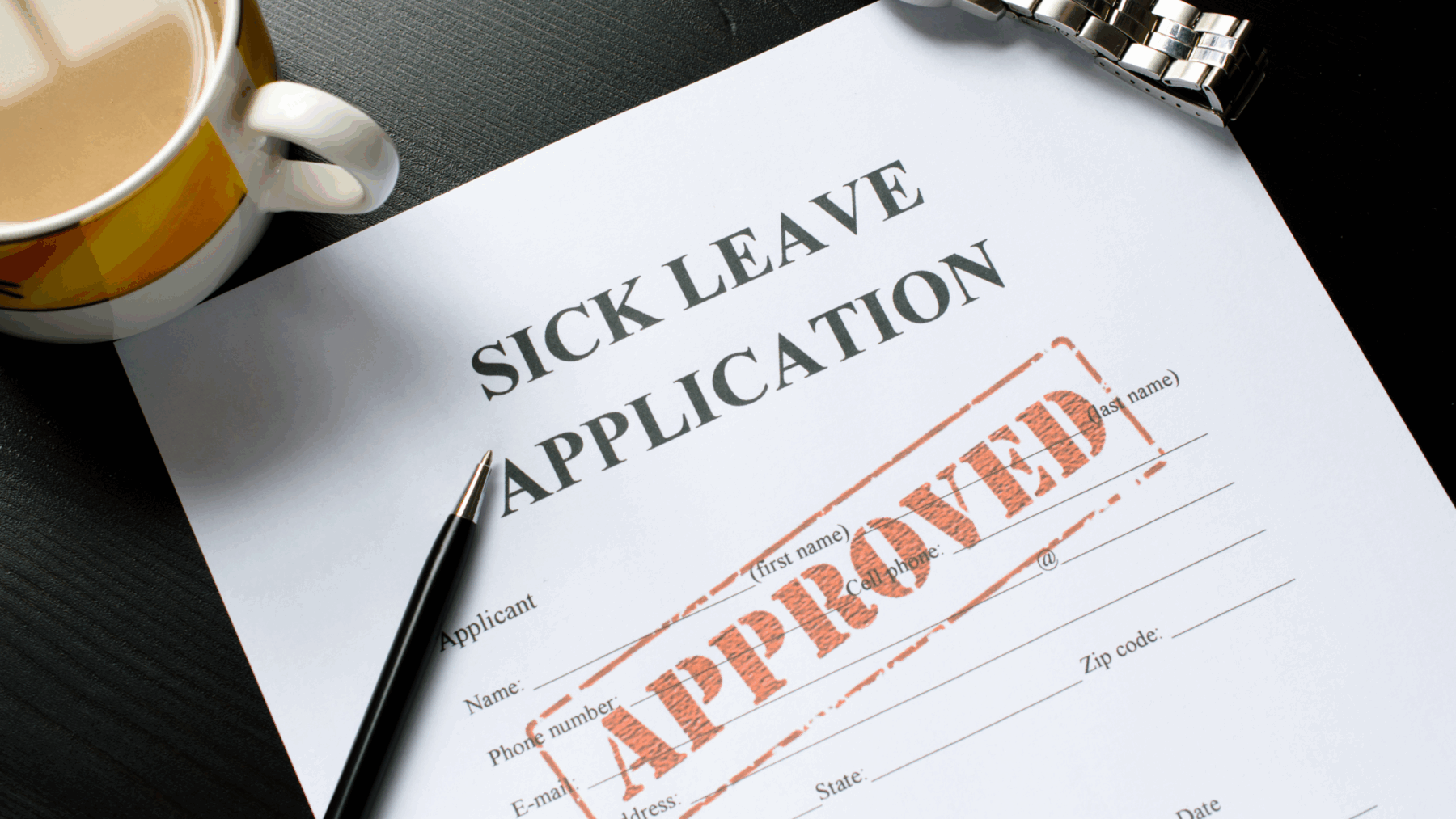On November 23, 2023, it was reported that while a senior staff member at Nvidia was giving an Microsoft Teams presentation to a team of his former colleagues at Valeo, he shared his screen with everyone on the video call. When the employee minimized the app he was using, all of the Valeo employees on the call could see a file on his desktop that contained proprietary parking and driving assistance software belonging to Valeo, and took screenshots. The employee, who resided in Germany, was arrested by German authorities and admitted to stealing Valeo’s software and using it in his work at Nvidia, according to the article (https://www.bbc.com/news/technology-67489495). Valeo’s lawsuit describes the employee’s theft as “brazen”, because the file path on his desktop was still titled “ValeoDocs”, as seen by the participants on the video call.
This case highlights the importance of employees abiding by their duty of confidentiality owed to their employer and adhering to company policies regarding confidential information.
Virtually all employees, in the normal course of work, will find themselves in possession of or in a position to gain access to their employer’s confidential information. “Confidential Information” does not have a precise legal definition, but it generally includes any information of value to a company that is not known to the general public. Examples of confidential information include client and customer lists, business and marketing plans, financial plans, product and development information, trade secrets, and even intellectual property.
Employees have an implied duty of confidentiality when it comes to protecting their employer’s confidential information. The duty of confidentiality is owed both during employment and after employment ends; there is no expiry date. This duty requires an employee to not disclose or provide access to their employer’s confidential information, in other words, keep it confidential. Many employees are also subject to express terms regarding confidential information in their employment contracts that sets out the employee’s duties in writing. When the employment relationship ends, employees are required to return any confidential information to the employer (and to permanently delete any digital or any other copies the employee may have).
Employers can be vulnerable to employees who quit or were fired on bad terms, who had access to sensitive and valuable confidential information about the business. Misusing an employer’s confidential information can give an employee (or a competitor company) an unfair commercial advantage and cause the former employer financial loss. The ultimate consequence of an employee breaching their confidentiality obligations is getting sued by their former employer for breaching the duty of confidentiality. Employers who accept and make use of a third party’s misappropriated confidential information are also at risk of a lawsuit.
Here are a few best practices for employees to consider regarding the duty of confidentiality:
1. Do not store any confidential information on your personal devices or in your personal email – keep it on your work computer, work servers, and work email accounts.
2. If you are in possession of any confidential information when your employment ends, ensure it is returned to your employer and you have not retained any hardcopies or digital copies.
3. Do not make use of your employer’s confidential information for personal gain, even after your employment ends – the duty of confidentiality survives the end of your employment.
4. If you are unsure of what you need to do (or not do) under the duty of confidentiality, always contact an employment lawyer for legal advice.

